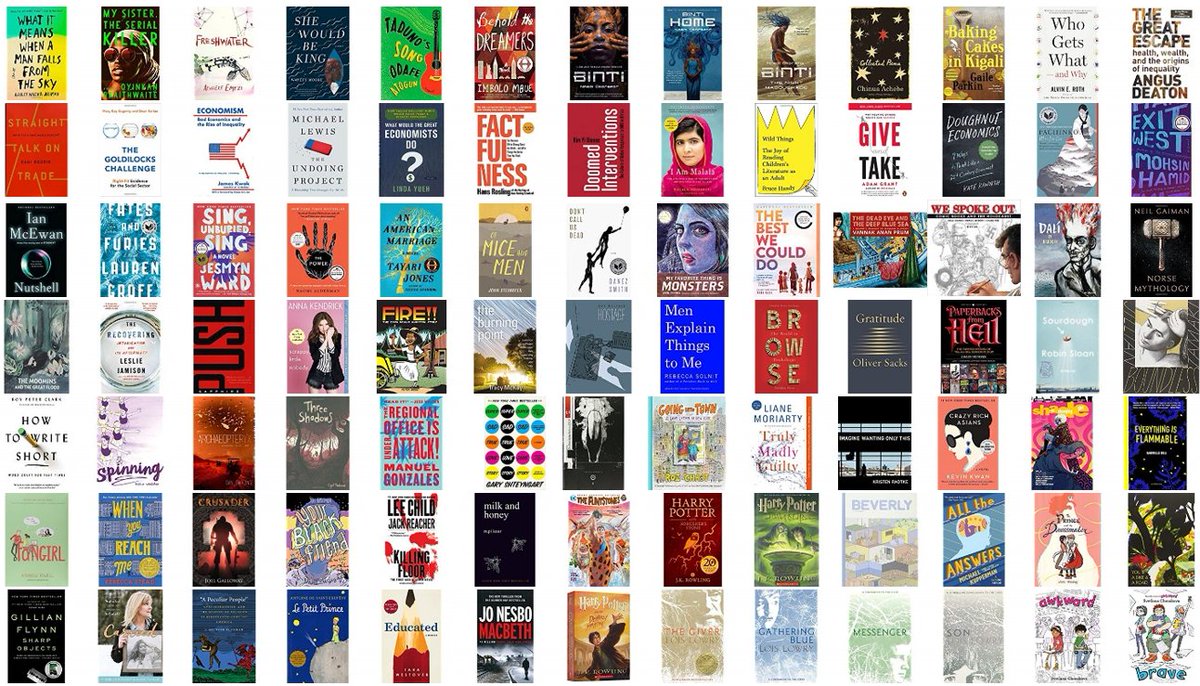Thread with some summary / thoughts below.
"The best science fiction novels want to smuggle themselves into the Upper Realm--but in 99.9 percent of cases, they do not succeed."
But in Lem's view most of those efforts are doomed to fail.
I actually think his writing is bad. But it's not the writing that attracts fans to his work.
This isn't a problem if you're just trying to entertain. It is a problem if you're trying to "smuggle" works into the Upper Realm from sci-fi.
First are the literary fiction types who write sci-fi because it sells better than lit fiction. There's a long tradition of this (Vonnegut etc).
Second are the "idea" types who focus on creating a work of science / philosophy.
If the purpose is "entertain" you want a generic space adventure etc. But not if the purpose is to explore ideas.
"Qualitative norms and upper limits are established in literature by concrete works and not critics' postulates. No mountain of theoretical lucubrations can compensate for the absence of an outstanding fictional work as a lofty model."






